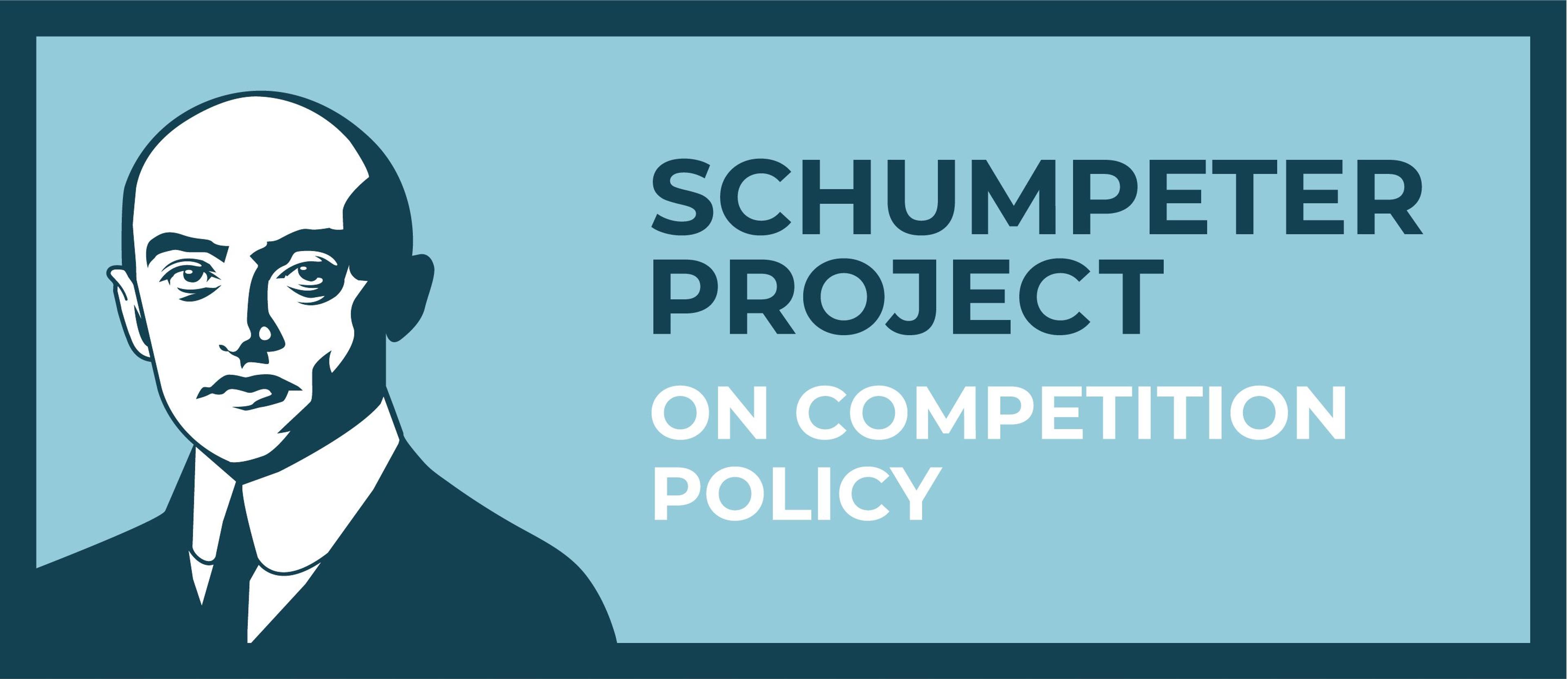
Schumpeter Project on Competition Policy
The Schumpeterian perspective represents a new intellectual framework for antitrust reforms that focus less on competition for competition's sake and more on enabling firm dynamic capabilities to power productivity, innovation and global competitiveness. The Schumpeter Project’s mission is to advance dynamic competition policy with boosting firm dynamic capabilities as a central concern for antitrust enforcement. (Read more.)
- Useful bookmarks: ITIF’s Monopoly Myth Series and Schumpeterian Takes on Pending Antitrust Bills.
- Stay posted by signing up for ITIF emails and checking the box for “Regulation and Antitrust” under “Innovation and Competitiveness.”
Featured Publications
A Policymaker’s Guide to Digital Antitrust Regulation

Rather than adopt the European Union’s model for regulating competition, policymakers considering how to govern digital markets should carefully evaluate whether digital antitrust regulation is justified and consider whether concerns about anticompetitive behavior can be addressed with less intrusive and more cost-effective tools.
Comments to the California Law Revision Commission Regarding the Tentative Recommendation Antitrust Law: Single Firm Conduct

While it is true that state antitrust regimes may go beyond the scope of federal antitrust law, that does not justify the radical departure from the Sherman Act contemplated by the Recommendation in terms of the principles, standards, and rules that should define sound antitrust enforcement at all levels of government.
Comments to the European Commission for Its First Review of the Digital Markets Act

DMA is not an effective tool of competition policy. On the contrary, it has resulted in demonstrable consumer welfare losses, chilled procompetitive behavior, and even harmed small businesses. What’s more, it has done so by imposing obligations and penalties that inexcusably target America’s leading technology companies.
Events
January 28, 2026
A Strange Vibration? The Uncertain Future of California Antitrust Law
Watch now for a virtual panel featuring leading experts who will discuss the future of California's antitrust laws, their implications for national innovation and competition, and how these developments fit into the broader antitrust policy debate.
December 16, 2025
FTC v. Meta: The End of Antitrust Populism?
Watch now for a virtual panel with top experts who discussed this landmark decision, its implications for the social media landscape, and what it means for the U.S. government’s ongoing assaults on Big Tech.
November 13, 2025
A Conversation with David Teece: Dynamic Competition and the Future of Antitrust
Watch now for a fireside chat with Professor David Teece, who explored how dynamic competition redefines the economic foundations of antitrust and what it means for enforcement to better account for innovation, entrepreneurship, and dynamic capabilities in today’s most consequential cases.
October 29, 2025
DOJ v. Google: What to Expect With Ad Tech Remedies
Watch now for a virtual panel with top experts who will discuss this landmark decision, its implications for the ad tech industry, and what it means for Google as its antitrust battles with the DOJ continue.
September 23, 2025
DOJ v. Google: The Remedies Decision and the Future of Search
Watch now for a virtual panel with top experts who will discuss the landmark Google Search decision, its implications for the future of search, and what it means for Google as its antitrust battles with the DOJ continue.

Senior Counsel and Director, Schumpeter Project on Competition Policy
Information Technology and Innovation Foundation
Read Bio










